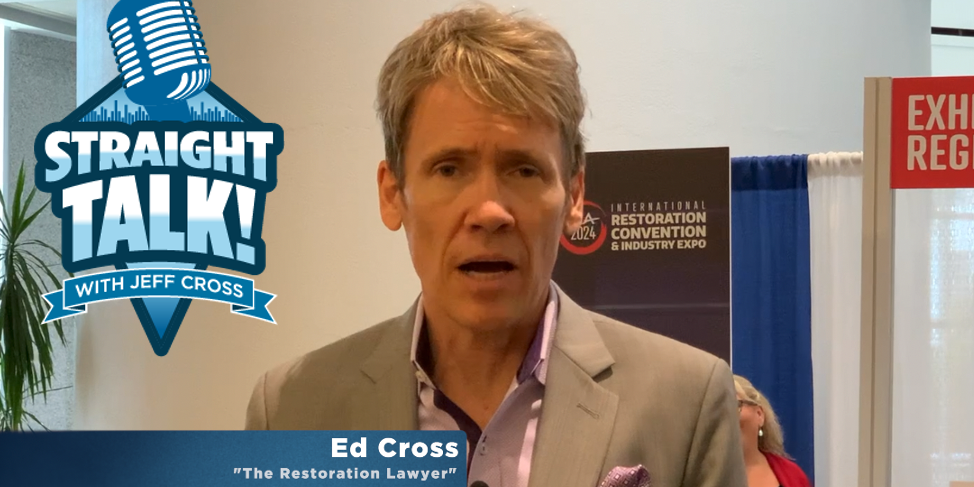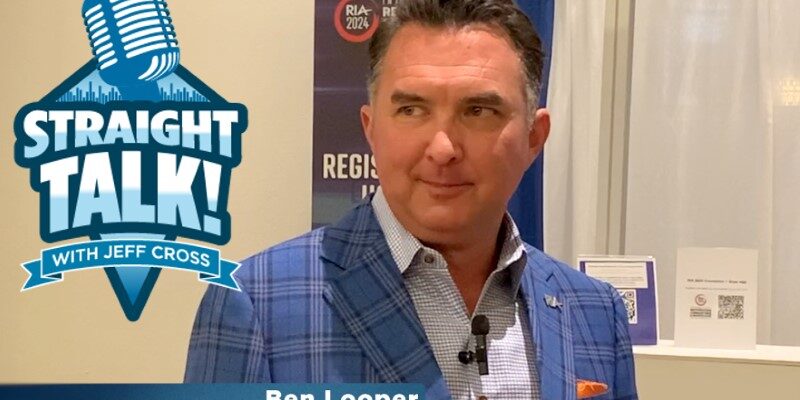Being in Charge

Recently I reflected on articles I read a while back in our local newspaper. These articles made me realize just how important the decisions we make as business leaders are to not just our businesses, but also to those around us.
One pertained to the mayor of our city, and the other involved public schools in the San Diego area. Both have implications to those who own businesses.
Canton, OH, Mayor William Healy II performed an unplanned traffic stop of a speeder after many complaints from those who lived in the area.
It appears the 18-year-old he pulled over for running two stop signs had recently been released from jail after being held 50 days for domestic violence, criminal damaging and marijuana possession.
The traffic offender was upset by the mayor’s actions. He told the newspaper, “Just ‘cause you’re the mayor you can’t pull me over. He’s not a cop.”
In what appears to be a clear-cut case of “piling on,” our police chief, law director and safety-service director got in on the action. They’re questioning the appropriateness and legality of the mayor’s actions, especially since he was in a city-owned car at the time.
As I read the article, I kept looking for someone’s expression of concern for the mayor’s safety throughout this incident, but there was none to be found. Instead, it seemed like everyone was looking for their own piece of real estate on the mayor’s backside.
If you’re like most business (or community) leaders you can probably relate to how our mayor must be feeling. You see a situation that clearly needs addressing, and you take action. Isn’t that what leadership is about?
Yes, we should follow protocol and established procedures. Of course we should look down the line and consider the unintended consequences before we act. But, as any leader knows, the outcomes of events that happen on our watch are our responsibility, and if needed, we should be able to step in.
In an unrelated article, it appears some parents of students in a San Diego County school district objected to having yoga taught in their children’s twice-weekly physical education classes. They objected so strongly, in fact, that they filed a law suit in a California Superior Court to prevent yoga instruction. The parents felt the yoga lessons were a “stealth attempt to guide students to Eastern religions.”
Fortunately, Superior Court Judge John S. Meyer employed common sense that day and ruled in favor of the administrators of the Encinitas Union School District, allowing the yoga lessons, privately funded by a non-profit foundation, to continue.
While I’m still partial to push-ups, sit-ups and wind sprints across the gym floor that end with crashing into the opposite wall like we did when I was in school, you don’t have to look beyond the local YMCA or iron-pumping gym to see the benefits of yoga.
Prior to the lawsuit, the school district already had stripped yoga of all cultural references, referring to the “lotus position” as the “crisscross applesauce” pose. Really — I’m not making this up!
Whatever happened to the value of cultural diversity? If we run our businesses while completely ignoring the cultural preferences of our customers, or if we ignore the value of the view points from a culturally diverse workforce, we’re not going to be around long.
As business owners, we do ourselves and our businesses a huge favor when we integrate the view points of the various genders, races and cultures into our companies. Plain vanilla thinking just doesn’t work in business anymore, if it ever did.
Chuck Violand understands the unique challenges of small businesses, having owned a commercial cleaning and water damage mitigation company for 26 years. He founded Violand Management Associates (VMA) in 1987 as a consulting, teaching and training resource for owners of small businesses. To learn more about VMA’s services and programs, visit www.Violand.com or call (330) 966-0700.












